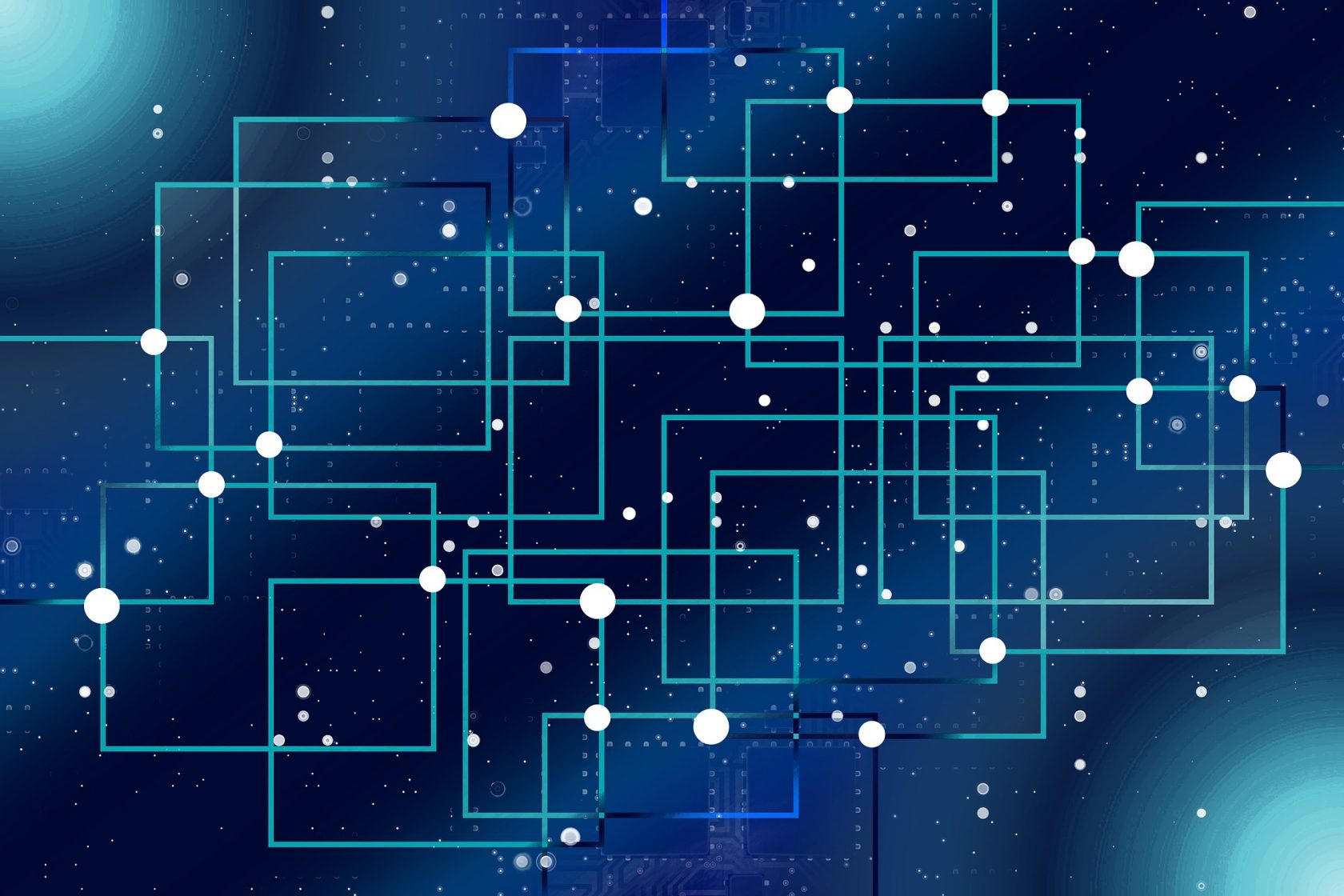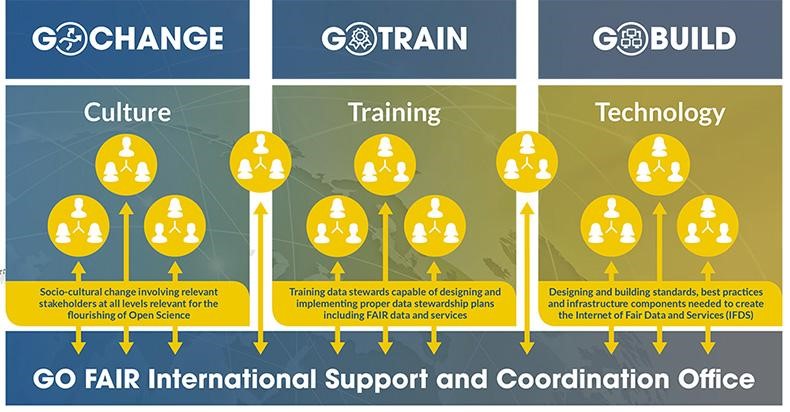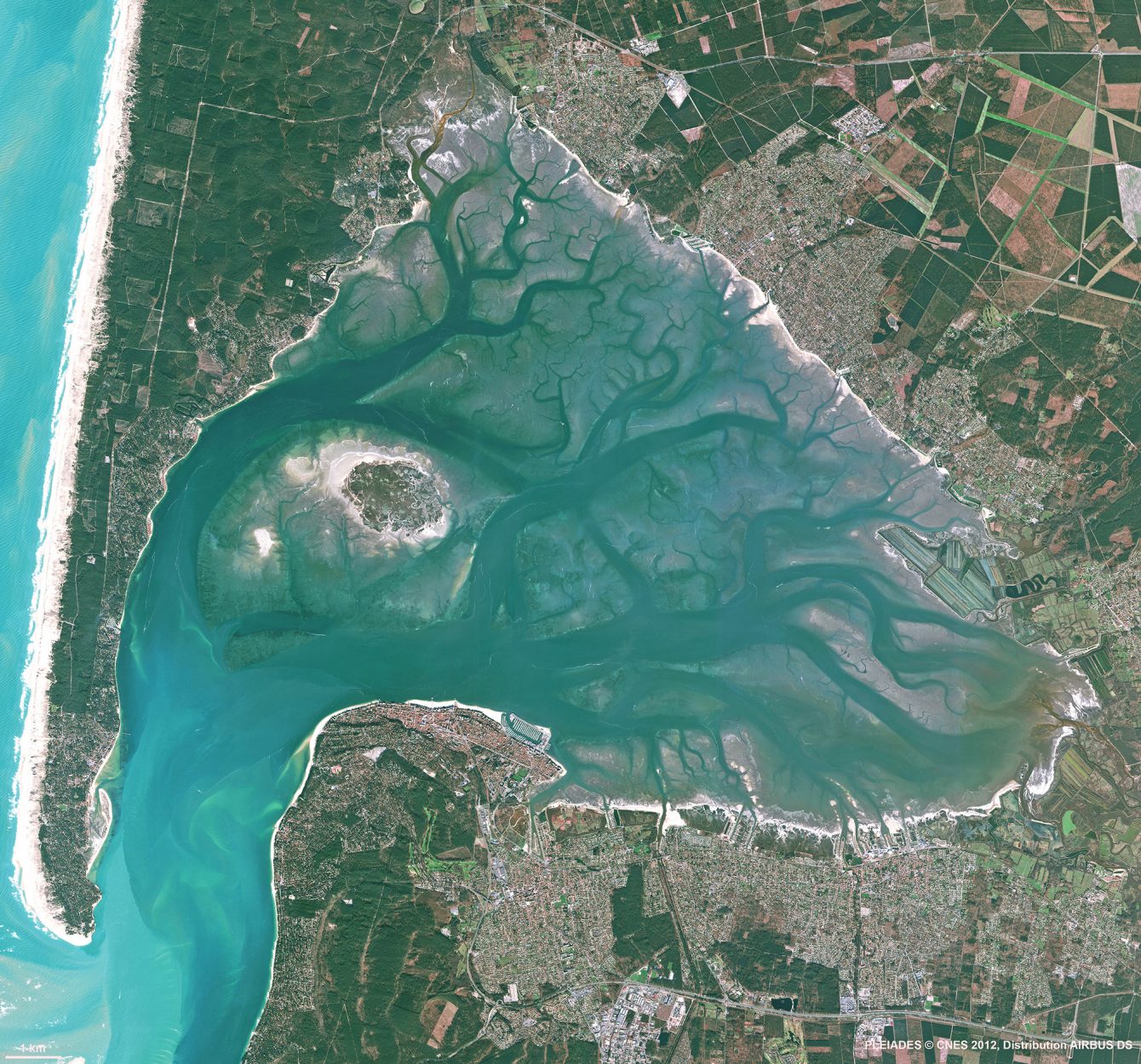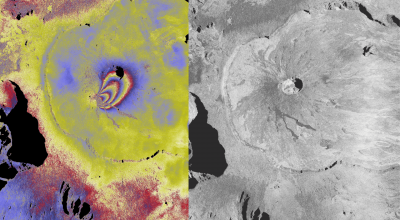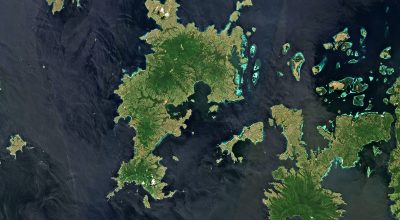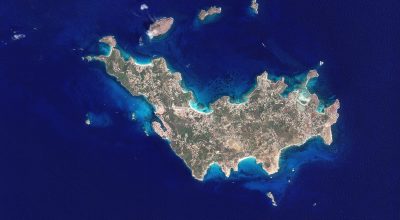GO FAIR project
To move forward with the European Open Science Cloud (EOSC), Germany and The Netherlands have set up an international bureau to support GO FAIR, an initiative that proposes to develop a data-enriched international research environment in the form of an Internet research data portal. France joined the initiative in 2017 and is also contributing to the GO FAIR International Support and Coordination Office (GFISCO).
GO FAIR proposes an open and cooperative approach. All member states, research institutes, digital infrastructure communities and industry are free to support or contribute to the initiative.
Its shared research data and digital services apply the four FAIR principles: Findable, Accessible, Interoperable and Reusable. FAIR data and services will enable research data to be reused across different disciplines in different countries, thus helping to generate and share new knowledge.
GO FAIR is being developed around 3 pillars :
GO CHANGE: focusing on priorities, policies and incentives for implementing FAIR. This calls for
a socio-cultural shift involving stakeholders at all levels for open science to thrive.
GO TRAIN: coordinating FAIR awareness and skills development training.
GO BUILD: implementing and coordinating FAIR technology. Designing and building the technical standards, best practices and infrastructure components needed to implement FAIR data principles.
GO FAIR objectives
- Progressively open up existing data at scientific and academic institutions across all fields of research and national borders.
- Provide a springboard for the European Open Science Cloud (EOSC). This open platform will support sharing and reuse of research results and data, for the benefit not only of science but also of industry and society as a whole.
- Support research and communities’ efforts to supply FAIR data services.
Data Terra is actively contributing to GO FAIR with the start of the GAIA Data implementation Network approved in April 2019.
___________________________________________________________________________________________________________________________
What is the Internet of FAIR Data and Services?
Just like the current Internet, which has no single centralized governance, the concept of the Internet of FAIR Data and Services (IFDS) is based on maximum freedom of implementation for everyone. The dominance of a very limited number of private or public parties should be avoided by copying the Internet’s ‘hourglass model’ of minimal, rigorous standards and protocols, such as http. This will allow open and common implementation and participation from different stakeholders. The scalable and transparent ‘routing’ of data, tools and computing capacity is a key tenet of this envisioned IFDS. All kinds of providers, both public and private, can start implementing prototype IFDS applications on the day minimal standards and minimal rules of engagement are released.


